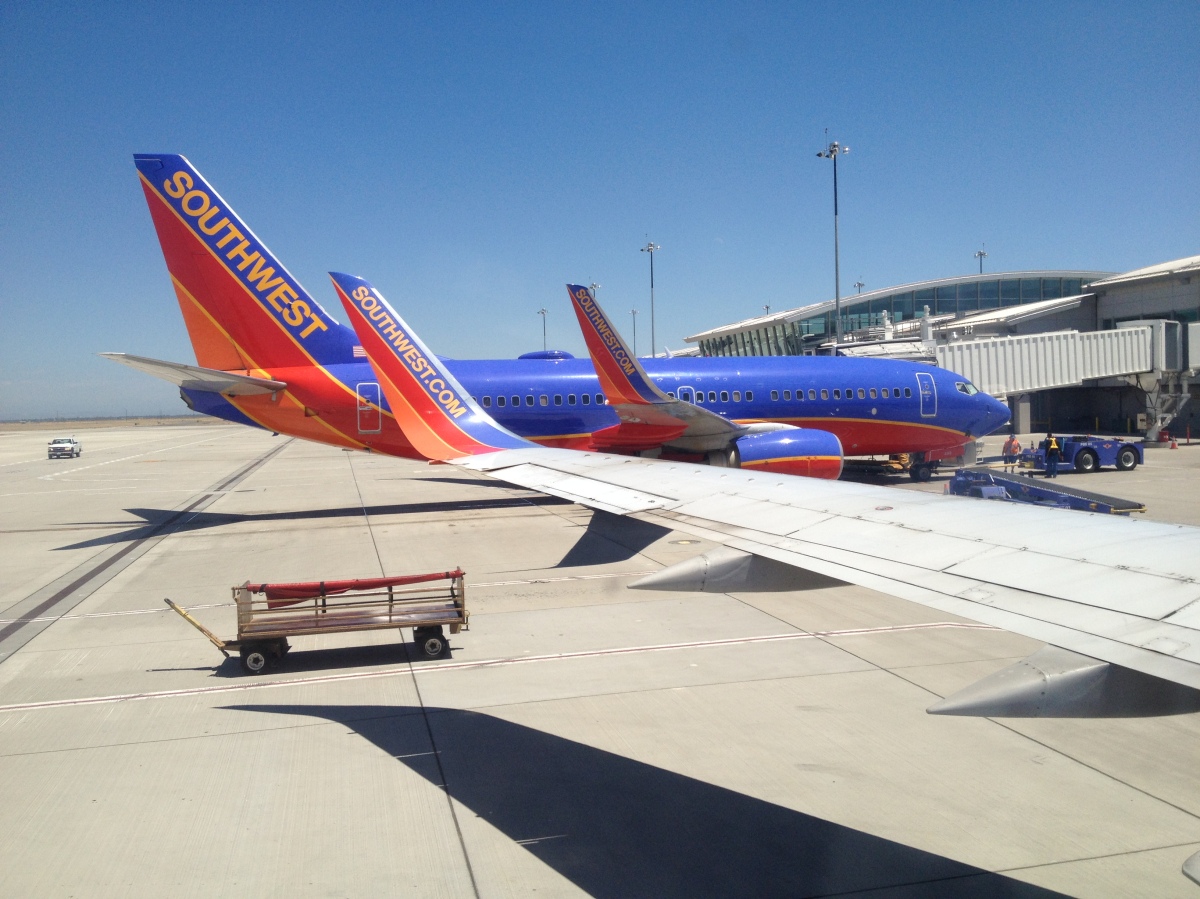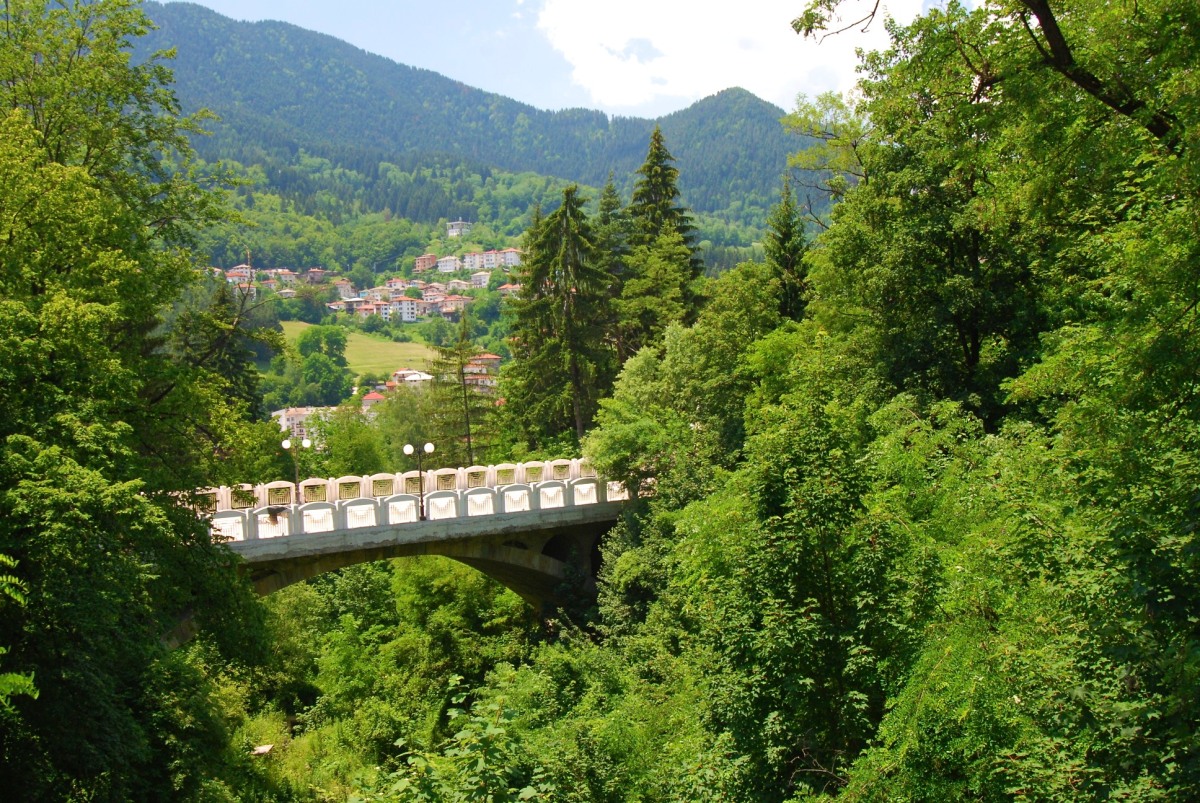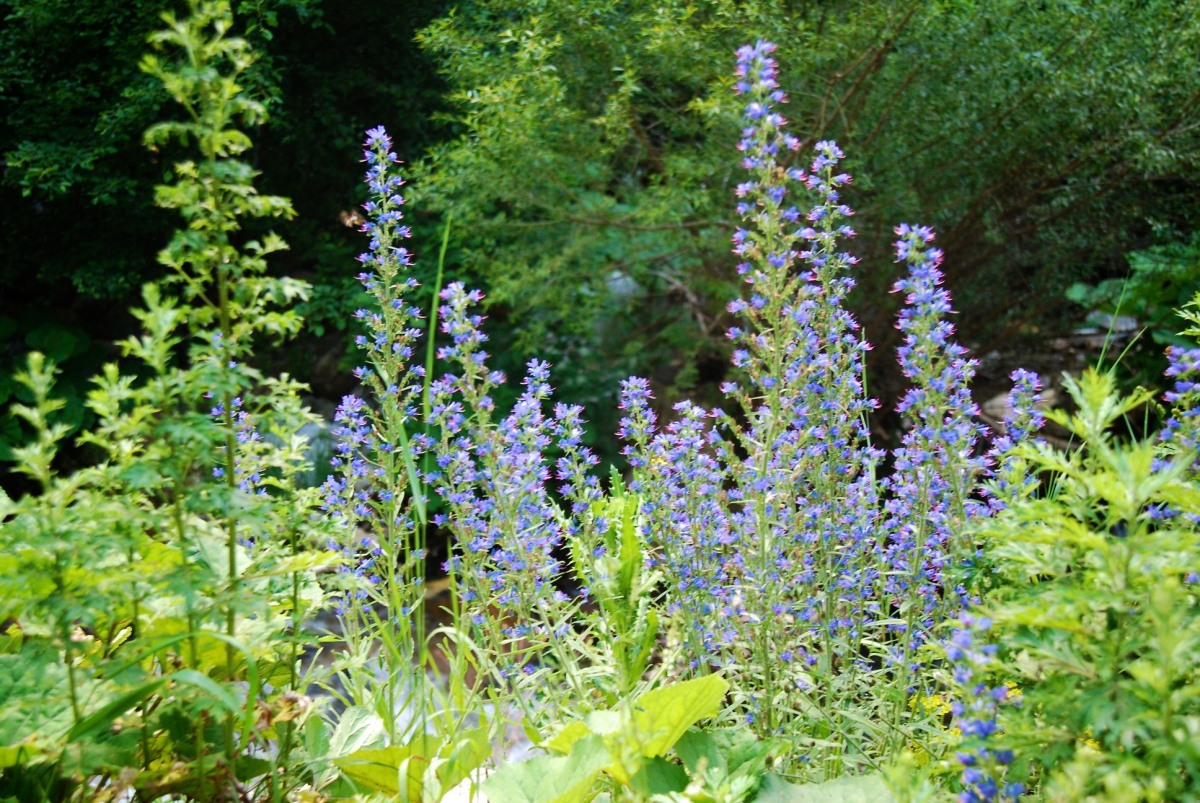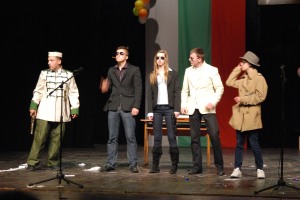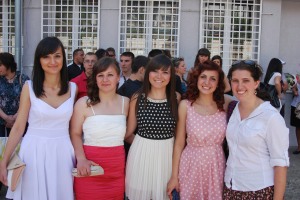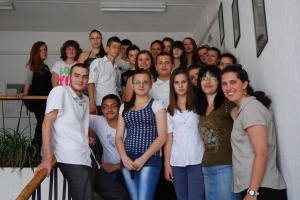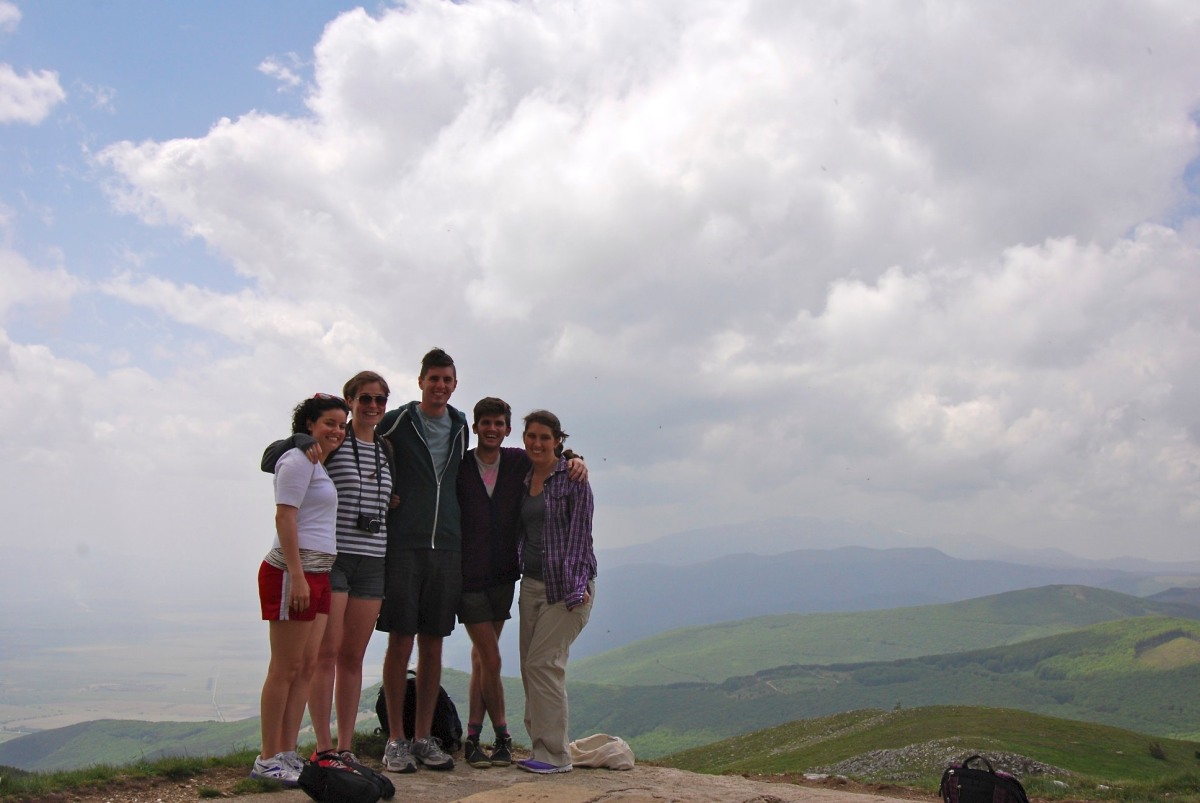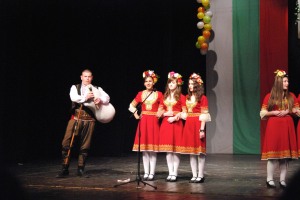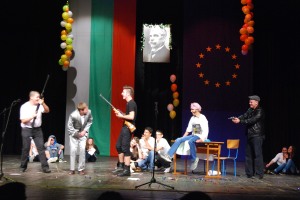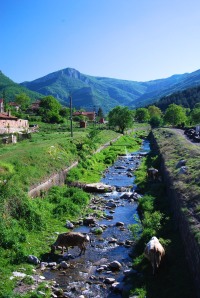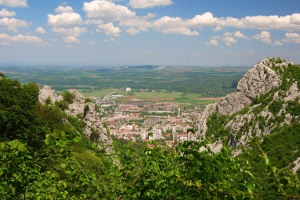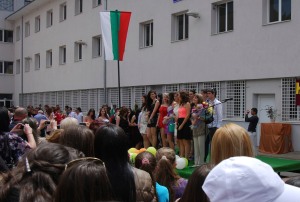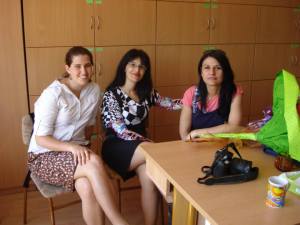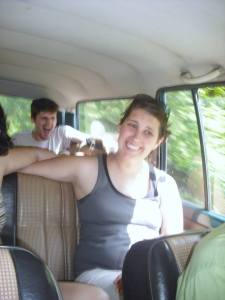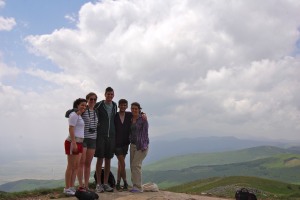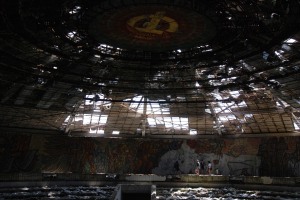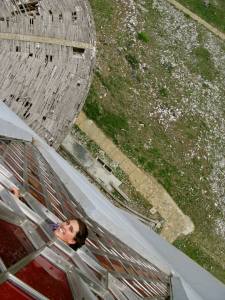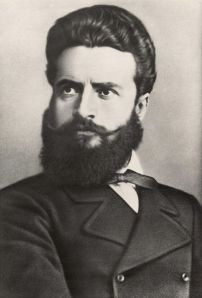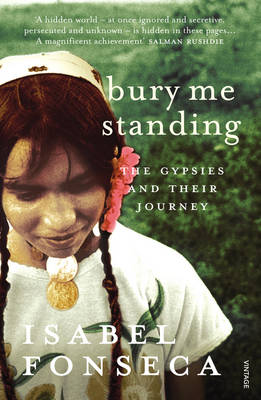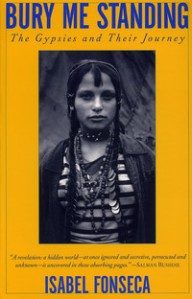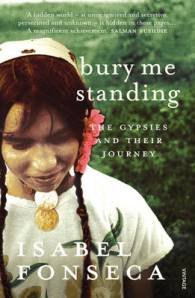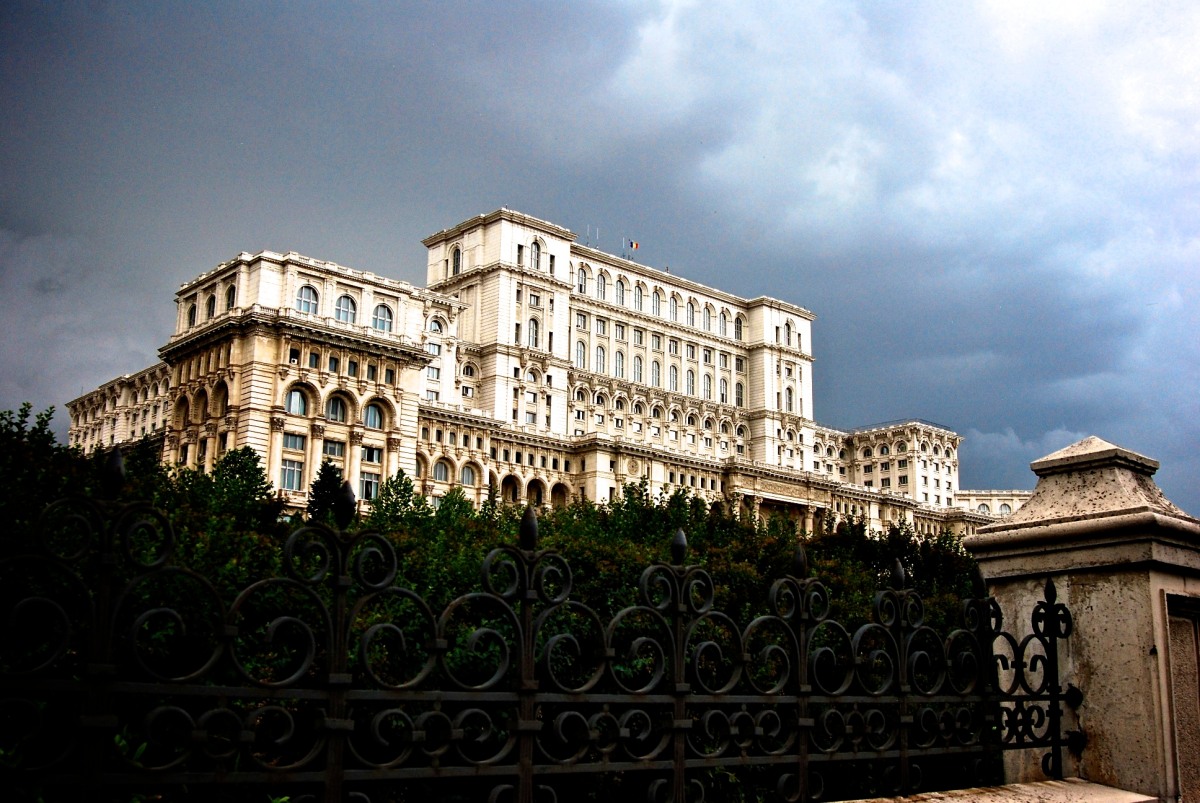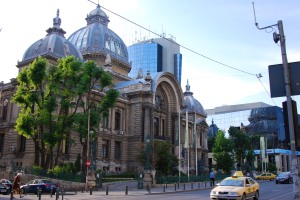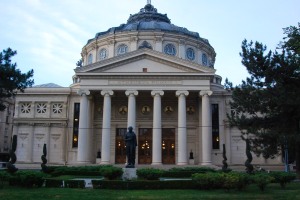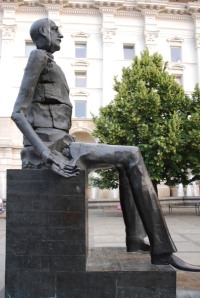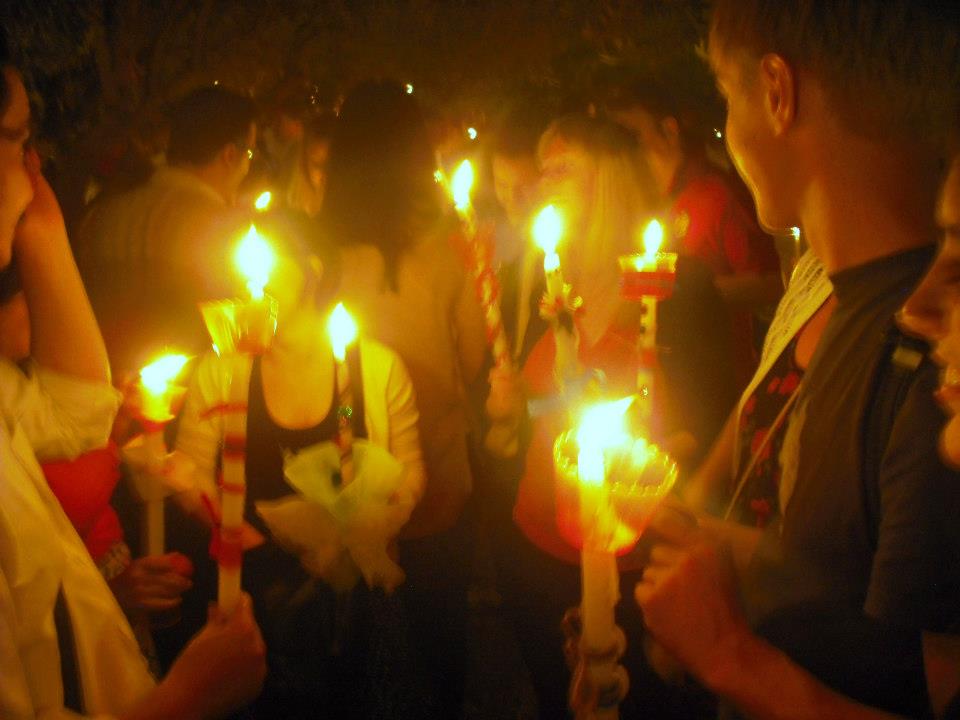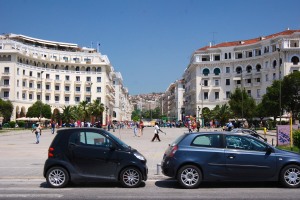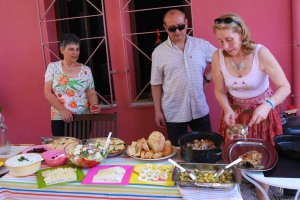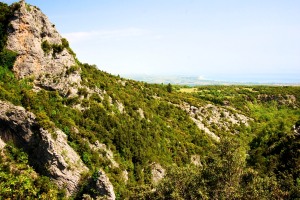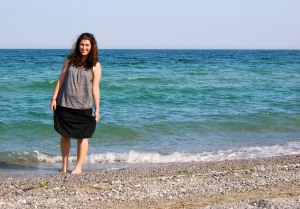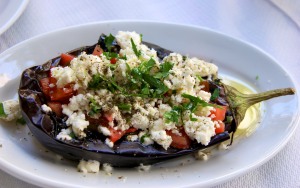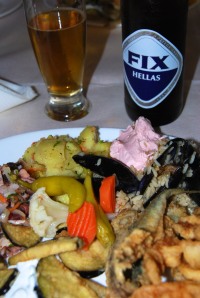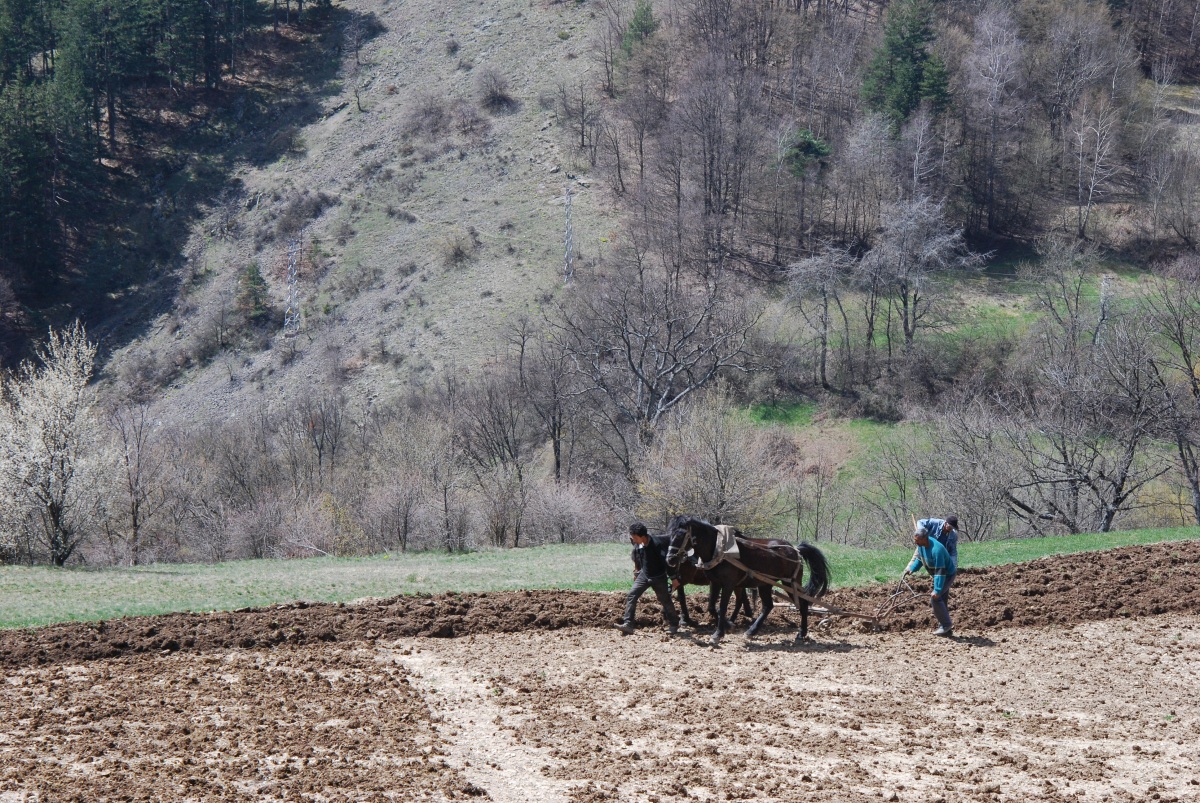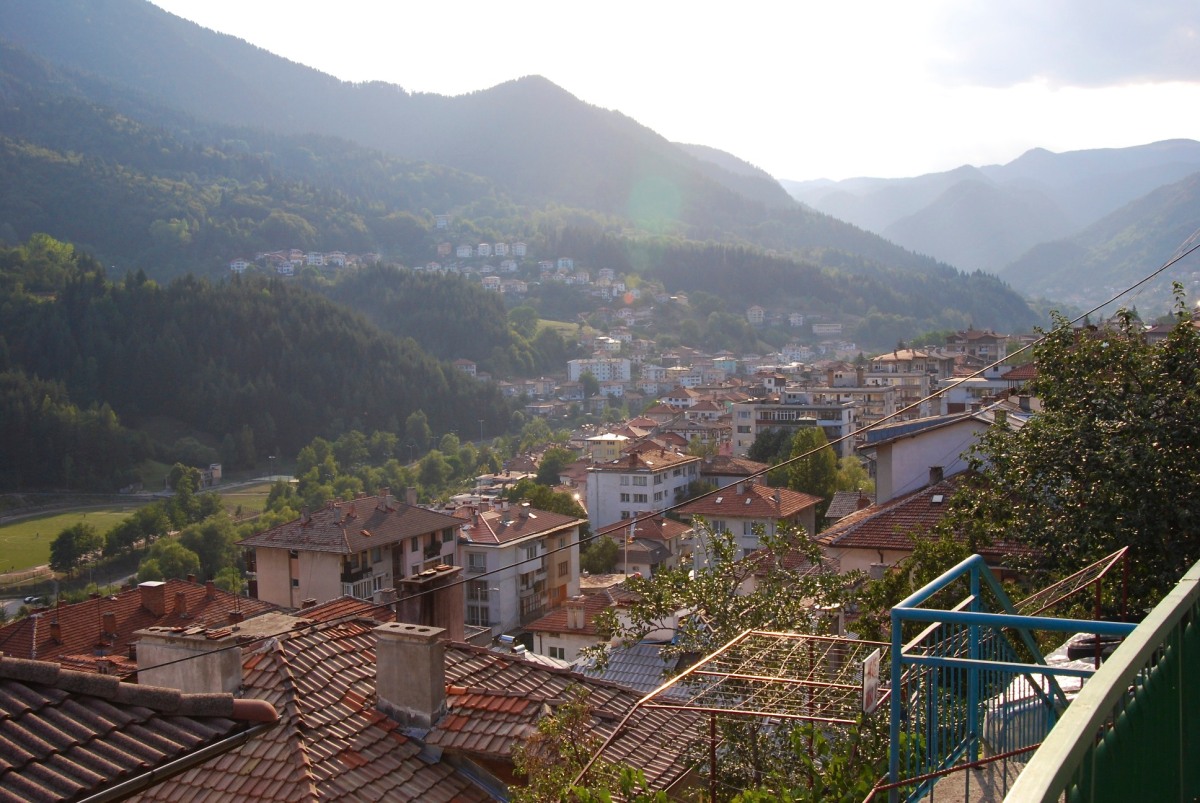It has been a month since I returned from Bulgaria, though it feels like it’s been much longer. Once I settle back in a familiar place, I fall under the illusion that I never actually left. But then there’s reverse culture shock and I remember how long I’ve been gone.
Reverse culture shock is the process of adjusting back to a familiar place and culture. I had a difficult time with culture shock in Bulgaria, which took the form of anxiety when leaving my apartment, frustration with value differences, unreliable infrastructure, organization, struggles with language barriers, etc. After having navigated those difficulties, I was dreading the process of reverse culture shock. Many people I know had told me that it’s far worse.
During the 10 days I spent in Los Angeles, reverse culture shock happened in small moments: facing too many choices at the store or on a restaurant menu, not knowing (or even having a preference) when asked “well you’ve been gone for so long—what do you want to do?,” sticker shock over beer and everything else, getting back in the driver’s seat and hello LA traffic. Many of the small moments I experienced were of the euphoric nature: diversity! Mexican food! Indie/alt radio stations! The Pacific Ocean! My friends!!!
Portland was a rather different story, perhaps because I’ve never considered Los Angeles my home, and it’s too large and sprawling to ever seem “familiar.” It also happens that I’ve not really lived in Portland for five years now, having left for college and then to Bulgaria, making some changes particularly startling.
I recognize the constant level of stress I have any time I leave my grandparent’s basement, where I am currently living. It was the same stress I had to battle each time I left my apartment to go to the grocery store across the street in Smolyan. There, the stress was the constantly unfamiliar. Here, it is the stress of things that should be familiar but are now estranged. It’s the stress of constant human interaction (in English, which was a relief at first) after months of solitude. It is the frustration of having a verb or a proper noun on the tip of my tongue but the inability to articulate it.
I feel the dissonance of being back in the socio-cultural milieu that produced the anxieties I worked so hard to shed in Bulgaria. I am a more relaxed, comfortable, blunt, flexible person than I used to be, but will I remain so now that I am back in a place where people ask me multiple times per day why I have yet to find a job, and what I am doing with life, and how far have I gotten on this list of 20-odd things to do?
My first weekend in Portland, my mom and I tried to spend the day together. We drove from Sherwood to downtown, passing by larger numbers of homeless in the park blocks and in front of city hall than I ever remember their being. We go to Powell’s, where getting lost in a sea of books is made uncomfortable by the sheer number of people clogging the aisles like plaque in hardening arteries. It made my own chest hurt, and became hard to breathe. From Powell’s we drove up to Multnomah Village, where some of my favorite stores are gone, the parking spaces are reversed, and there is quite a bit of construction. It wasn’t the place I knew anymore, and I had no desire to be there. I don’t know where I live or where I’ll be, so going shopping holds no appeal. To relax a little, Mom picks the place we used to have Sunday brunch way back before my parents got divorced. They hand us a food menu, though we’re not hungry, and ask what we want to drink though the drinks aren’t listed anywhere on the menu. “What do you want?” she asks. “God, how am I supposed to know?”
—-
Since then, things have been getting better. Culture shock comes in mostly manageable waves. I’ve found it helps to do new things, to approach and explore Portland as if I don’t already know it (because I don’t anymore) and to make connections with people who don’t already know me (because I don’t anymore either). I went to the Oregon Brewer’s Festival for the first time, went dancing, found new bars, and picnicked in new parks. Eventually I’ll revisit the old, but for now I’ll wait.
